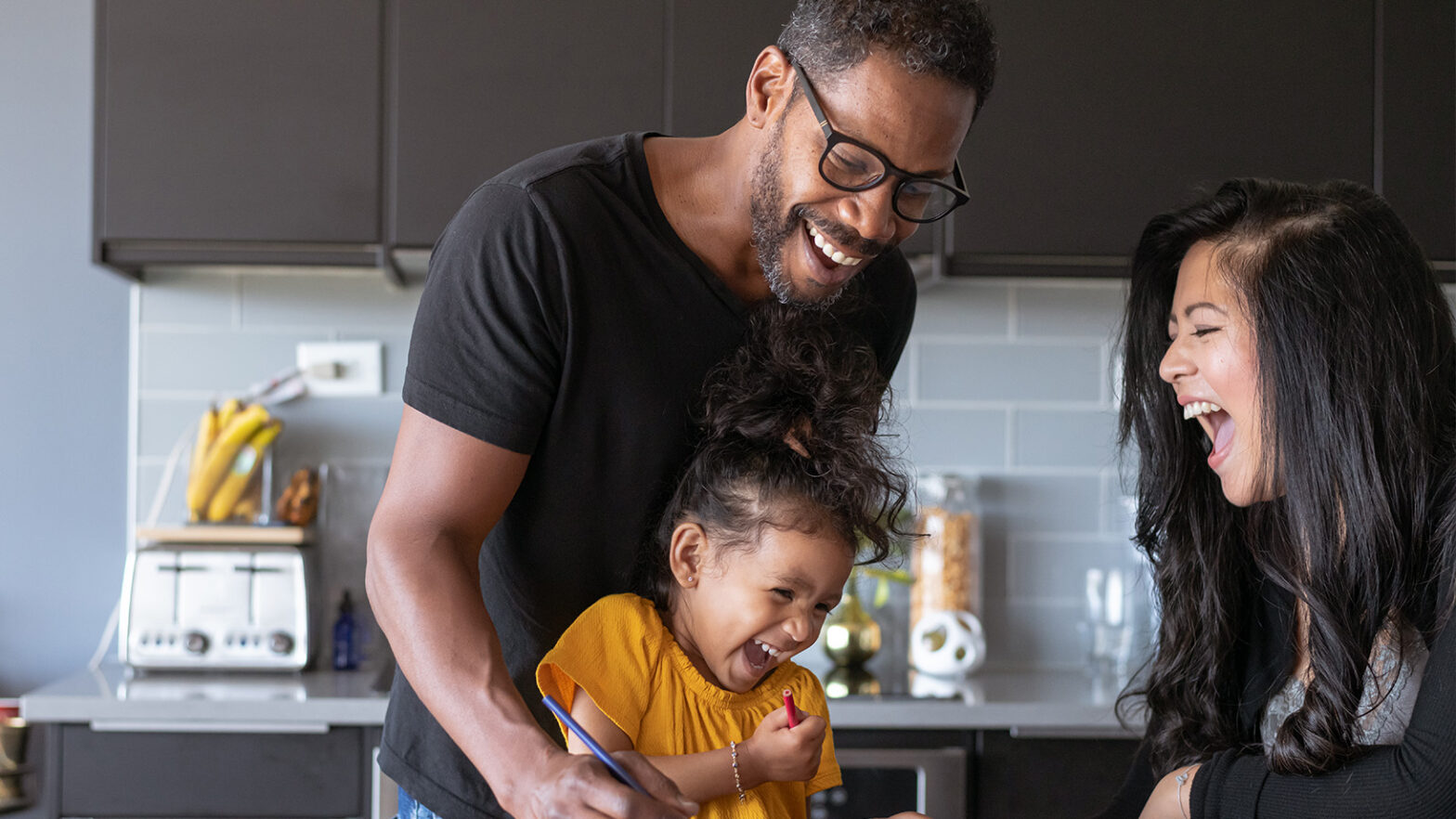
Parental responsibility – do I automatically have it and if not, how do I get it?
Some of the most common questions that family solicitors are asked when it comes to parenting children are:
“What is parental responsibility?”
“Do I automatically have parental responsibility?”
“How do I get parental responsibility if I do not already have it?”
“Can I lose parental responsibility?”
“When do I need to consult others with parental responsibility?”
It is important to understand your legal rights and responsibilities as a parent – and potentially those of others – in relation to your child. This article provides an overview of what parental responsibility means, who has it, how you can obtain it if you do not have it automatically, how it can be lost and when others with parental responsibility need to be consulted on parenting decisions.
What is parental responsibility?
Parental responsibility is legally defined as all the rights, duties, powers, responsibilities and authority which, by law, a parent of a child has in relation to the child and his or her property.
It includes the obligation to provide the child with a home and the right to make key decisions about their living arrangements, care, education, medical treatment and religious upbringing
Do I automatically have parental responsibility?
In England and Wales, whereas a child can only have two legal parents, parental responsibility can be held by more than two people at any given time.
An individual will automatically gain parental responsibility for a child if they are:
- The child’s birth mother, from the time of the child’s birth, including where donated eggs were used.
- The child’s father, if married to or in a civil partnership with the child’s birth mother.
- The child’s second female parent, if married to or in a civil partnership with the child’s birth mother at the time of the birth.
If unmarried, a child’s father may obtain parental responsibility if their child was born after 1 December 2003 and they are named as the father on the child’s birth certificate.
For unmarried same-sex couples, whilst the birth mother will automatically acquire parental responsibility at the time of the child’s birth, the second parent will only do so by being named on the child’s birth certificate.
How do I obtain parental responsibility?
Aside from marriage or being named on the child’s birth certificate, if an individual does not automatically have parental responsibility, it can be obtained in other ways.
Parental responsibility can be gained by voluntarily entering into a legal agreement, called a parental responsibility agreement, with the person who already has parental responsibility. Both individuals need to agree and sign the document, witnessed by the family court.
If a person with parental responsibility does not agree to enter into a parental responsibility agreement, a person seeking to share parental responsibility can apply to the court for one of two orders:
- •a parental responsibility order; or
- or a child arrangements order specifying that the child is to ‘live with’ the applicant.
A parental responsibility order is a standalone order whereby the court grants parental responsibility for a child to a person.
Where a court has made a ‘lives with’ order in favour of an individual, then this will include granting that person parental responsibility, if they do not already have parental responsibility. That parental responsibility will last for the duration of the order.
When deciding whether to make either of these orders, the court will consider a range of factors, with the child’s welfare being the court’s primary consideration. The key concern for a judge is whether the grant of a parental responsibility is in the best interests of the child.
Can I lose parental responsibility?
Parental responsibility automatically expires when a child turns 18 years old. However, it can be terminated before then in certain circumstances.
The only way to bring an end to parental responsibility held by a child’s mother or a father or second legal parent who is married or in a civil partnership with the mother is through a surrogacy arrangement or an adoption order.
Parental responsibility of an unmarried father or second female parent, as well as that of a step-parent, may be brought to an end by another person with parental responsibility for the child bringing a successful application to the court. As with applications for a parental responsibility order or any child arrangements order, the court will consider the child’s welfare as a whole when deciding whether to make such an order. The threshold for a judge finding such an order necessary is a very high one; the courts are reluctant to terminate personal responsibility unless, generally, it would have a harmful effect on the child’s welfare not to do so.
If parental responsibility has been granted automatically by virtue of a ‘live with’ order being made in a parent’s or individual’s favour, that parental responsibility cannot be brought to an end while the ‘lives with ‘order remains in place. If the order is discharged so that it no longer has any legal effect, parental responsibility will automatically end too.
When do I need to consult others with parental responsibility?
All those who hold parental responsibility for a child have a duty to consult one another before making and acting on important decisions made on the child’s behalf.
There are broadly three categories of decision-making in relation to a child:
- Decisions that do not require consultation with other people with parental responsibility. These include those that relate to how the child spends their time with when in the care of a person with parental responsibility, the personal care of the child and the activities that the child does.
- Decisions that require all those with parental responsibility to be informed but not consulted. These include emergency medical treatment or booking holidays to take place during time in which it had already been agreed that the child will spend time with that person with personal responsibility.
- Decisions that do require consultation with all those with parental responsibility. These include where the child should go to school, holiday rotas, planned medical and dental procedures, attendance at school events and the age at which the child should be allowed to watch age-restricted media content.
The family court has a range of powers available to it to limit an individual’s ability to exercise their parental responsibility. The court can make an order that decides a specific dispute concerning a child, known as a ‘specific issue order’. These ‘specific’ disputes can be over such matters as the name that the child may be known by, or where the child should go to school. Equally, this can include any dispute over the child’s medical care, or whether that child should live in a particular area of the country or move abroad, or be taken on holiday to a foreign country (for more information on this, see Family holidays after separation – do I need the other parent’s permission?
The court can also make a ‘prohibited steps order’, preventing a someone with parental responsibility from exercising it in the way specified in the order without the court’s permission. For example, the order could prohibit that person from changing the child’s surname or relocating with the child elsewhere.
Talk to us about
Related services





 Download PDF
Download PDF










